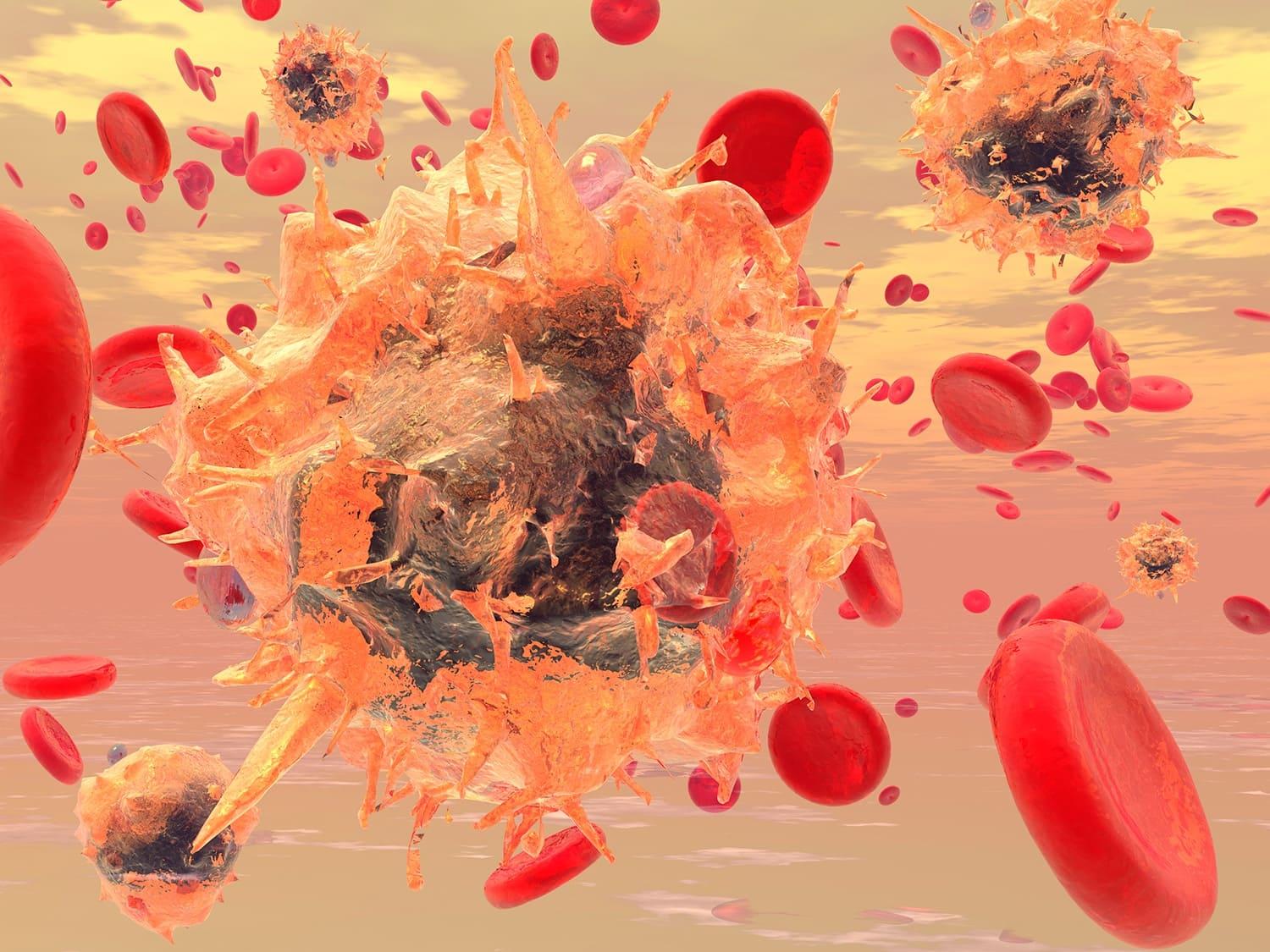KEY TAKEAWAYS
- The study aimed to investigate the race-specific molecular mechanisms of patients with PC disparities between AA and EA men.
- Researchers noticed that targeting AR pathways could mitigate PC disparities between AA and EA men, advancing personalized therapies for improved outcomes.
Prostate cancer (PC) presents a considerable health burden, disproportionately affecting African American (AA) men with increased incidence and mortality rates compared to European American (EA) men. Addressing these racial disparities requires a comprehensive understanding of the underlying molecular mechanisms to optimize clinical management and improve outcomes.
Swathi Ramakrishnan and the team aimed to assess the race-specific molecular landscape of PC, shedding light on potential avenues for personalized treatment strategies.
They performed an inclusive analysis employing a multi-omics approach to investigate PC in both AA and EA men. Using Illumina methylation arrays and RNA sequencing, DNA methylation and gene expression in tumor and non-tumor prostate tissues were analyzed. Additionally, Boolean analysis was utilized to unravel complex networks that contribute to PC racial disparities.
They observed that DNA hypermethylated regions in tumor and adjacent non-tumor prostate tissues were enriched for PRC2/H3K27me3 pathways and EZH2/SUZ12 cofactors. In AA men’s prostate tumors, DNA hypomethylated regions showed enrichment in olfactory/ribosomal pathways and distinct cofactors such as CTCF and KMT2A. Race-specific inverse associations of DNA methylation with AR-associated genes, including GATA transcription factors and TRIM63, indicated race-specific dysregulation of the AR signaling pathway.
In-silico patient-specific PC Boolean networks revealed prolonged AR inhibition causing significant dysregulation of TGF-β, IDH1, and cell cycle pathways, specifically in AA PC. Global gene expression changes showed differential expression of genes related to microtubules, immune function, and TMPRSS2-fusion pathways in prostate tumors of AA men, correlating significantly with altered disease progression risk in a race-specific manner.
The study concluded that unique signaling networks underlie PC biology in AA and EA men, offering potential insights for tailored clinical management strategies. Targeting AR and associated pathways may be particularly advantageous in addressing observed disparities in PC outcomes among AA and EA men.
Further investigation into these identified pathways holds promise for developing personalized therapeutic approaches to enhance outcomes for patients with PC across diverse racial backgrounds.
The study was funded by the NIH.
Source: https://pubmed.ncbi.nlm.nih.gov/38566104/
Ramakrishnan S, Cortes-Gomez E, Athans SR, et al. (2024). “Race-specific coregulatory and transcriptomic profiles associated with DNA methylation and androgen receptor in prostate cancer.” Genome Med. 2024 Apr 2;16(1):52. doi: 10.1186/s13073-024-01323-6. PMID: 38566104; PMCID: PMC10988846.



